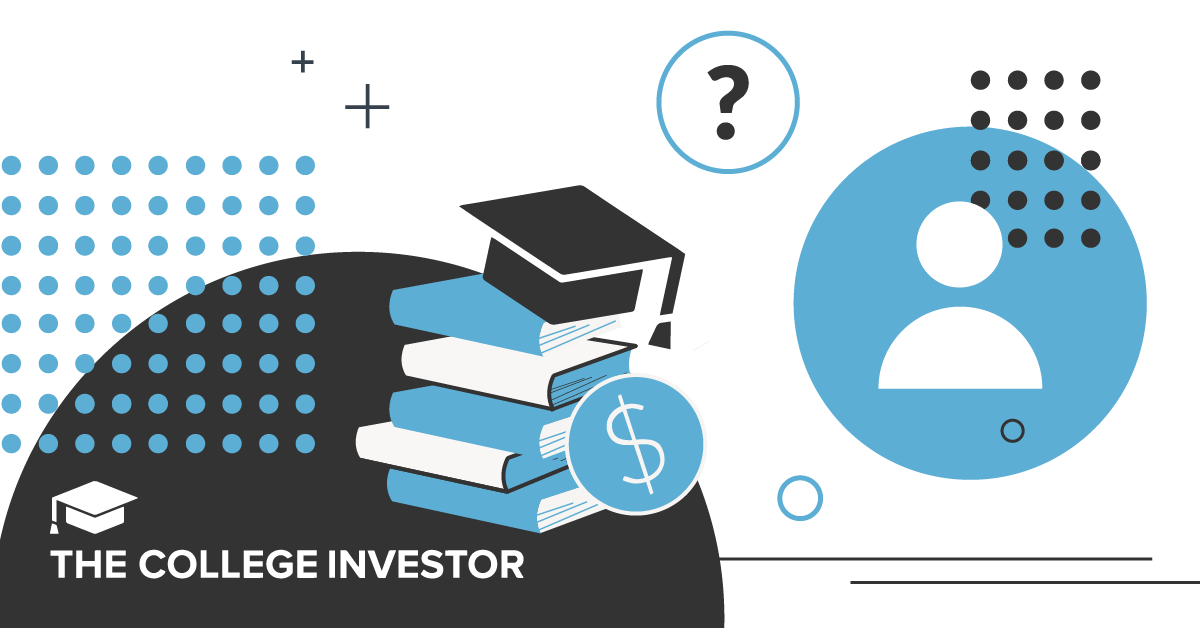Confusion Reigns With Student Loan Borrowers Stuck In Limbo


Borrowers across the country are grappling with increasing confusion and anxiety following the latest updates on President Biden’s student loan repayment initiatives. Earlier this month, the 8th Circuit Court of Appeals issued an injunction that effectively shut down most student loan repayment plans. And today, August 28, the Supreme Court denied a request to vacate the injunction.
Recent court rulings have not only blocked the administration’s Saving on a Valuable Education (SAVE) plan but also cast doubt on other income-driven repayment (IDR) plans, leaving millions of borrowers uncertain about their financial futures.
As a result, the Department of Education has paused processing repayment applications and consolidation applications.
One of the key unresolved issues centers on whether the ruling applies to the SAVE repayment plan, or all income driven repayment plans. The original ruling appeared to apply to all income-driven repayment plans, which prompted the Department of Education to ask for clarification.
However, the 8th Circuit Court of Appeals refused to clarify its order that halted the SAVE plan.
This decision has left borrowers and loan servicers without clear guidance on how to proceed. The plan’s suspension has not only paused these benefits but has also thrown into question the validity of other IDR plans that have been in place for decades.
The end result is that the Department of Education has basically paused processing all repayment and consolidation applications. Furthermore, borrowers on SAVE have been placed in an administrative forbearance.
On August 27, the Department of Education updated is FAQ page on the SAVE plan and what borrowers can expect. However, it’s still unclear how these changes will impact some borrowers. And they are still not processing new applications for consolidation or repayment plan changes.
The Department of Education announced it will honor PAYE and ICR applications for borrowers who applied between July 19 and August 9, 2024. They also confirmed that consolidated Parent PLUS Loans are still eligible for ICR.
If you do apply via a paper application, you’ll be put into a processing forbearance for sixty days. This processing forbearance should count towards loan forgiveness (PSLF and IDR). However, if the applications are still not processed within 60 days (due to court cases or otherwise), you’ll move to a general administrative forbearance that will not count towards loan forgiveness. However, you still won’t have to make payments and will not accrue interest.
The bottom line is that the current court orders are making it hard for student loan borrowers to navigate in any direction.
Many borrowers already adjusted their finances based on the expectation of reduced payments under the SAVE plan, which was supposed to go into effect on July 1. Now, with the future of the SAVE plan uncertain, these borrowers are left wondering how to manage their financial obligations if their payments increase.
But even worse, borrowers simply don’t know what the outcome will be for these repayment plans. As a result, the cannot plan on a student loan payment amount. That’s a challenging situation to be in.
Don’t Miss These Other Stories:

Chapter 13 bankruptcy offers debtors an opportunity to reorganize their debts into a structured repayment plan over 3 to 5...

Economic development strengthens economies by creating resilient, and vibrant communities. From closing gaps and increasing access, to sharing and deploying...

Do you want to learn how to stop living paycheck to paycheck? I know firsthand how hard it is to...